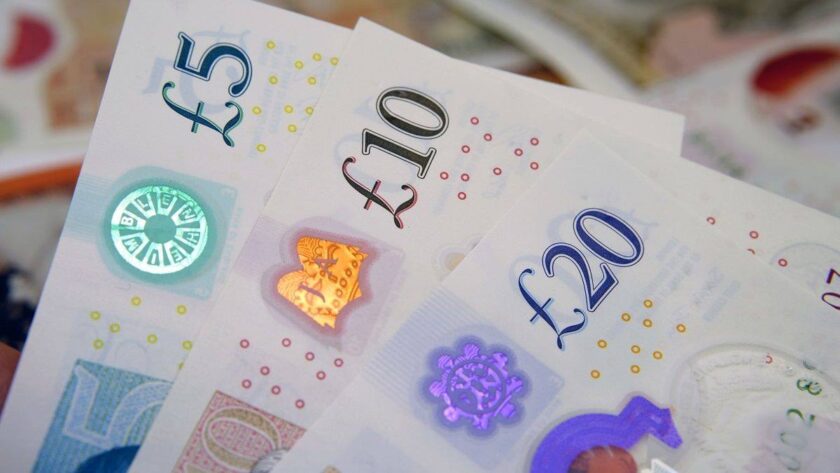Sterling Weakens as UK Abandons Income Tax Hike
The Sterling weakened to $1.315 on Friday amid heightened budget uncertainty, after reports that Chancellor Rachel Reeves is dropping plans to raise income tax.
UK decision to abandon the proposed tax hike is unsettling investors who had been counting on fiscal tightening to support a Bank of England (BoE) rate cut in December, ING said.
The British pound dropped, with EUR/GBP climbing to 0.885 on Friday, as new budget leaks hinted at potential shifts in fiscal plans.
Reports now suggest that the initial plan to raise taxes and break the election promises has been reversed, with the focus shifting to cutting tax bracket thresholds and boost narrow taxes, like on gambling, and stamp tax on the sales of expensive properties.
The move follows improved forecasts from the Office for Budget Responsibility, which cut the expected fiscal shortfall from roughly £35 billion to around £20 billion.
Prime Minister Keir Starmer and Chancellor Rachel Reeves scrapped earlier proposals to hike basic and higher tax bands, opting instead for less-direct revenue measures amid a £30?billion fiscal gap, FT reported.
Reeves is not expected to break Labour’s pledge on headline income-tax rates, instead likely using threshold adjustments and changes to salary-sacrifice programs to raise revenue.
She had prepared two budget options, one with major tax hikes, another with smaller measures, and is now pursuing the latter.
The major U-turn raised concerns over fiscal discipline and political stability, prompting investors to pull back from sterling-linked assets and adding pressure on UK debt.
The currency was further weighed down by weaker-than-expected economic data, as the economy grew only modestly in Q3, while September GDP contracted month-on-month.
The disappointing figures have fuelled expectations of a Bank of England rate cut next month, following earlier data showing the jobless rate at a four-year high and pay growth slowing to its weakest since early 2022.
The budget, due on November 26, faces cabinet debate over policies including exit taxes and limited liability partnerships. Markets pared bets on Bank of England rate cuts, with about 75% probability for a December move, but rising gilt yields continue to complicate the UK’s fiscal outlook and weigh on the pound ahead of the announcement.
Next week’s highlights include the consumer price index, retail sales, the preliminary November PMI, and government finances, which is the last until the autumn budget on November 26.
After weeks of speculation, comments from multiple US Fed Reserve officials on Thursday dampened hopes for another cut this year.
Cleveland Fed President Beth Hammack warned that monetary policy must remain restrictive to curb inflation, noting that “price pressures are likely to remain above target for another two to three years.”
St. Louis Fed President Alberto Musalem struck a similar tone, urging patience and signaling that further easing may not be justified without clearer signs of economic weakness. Zenith Bank Soars by 10% in Fresh Rally

